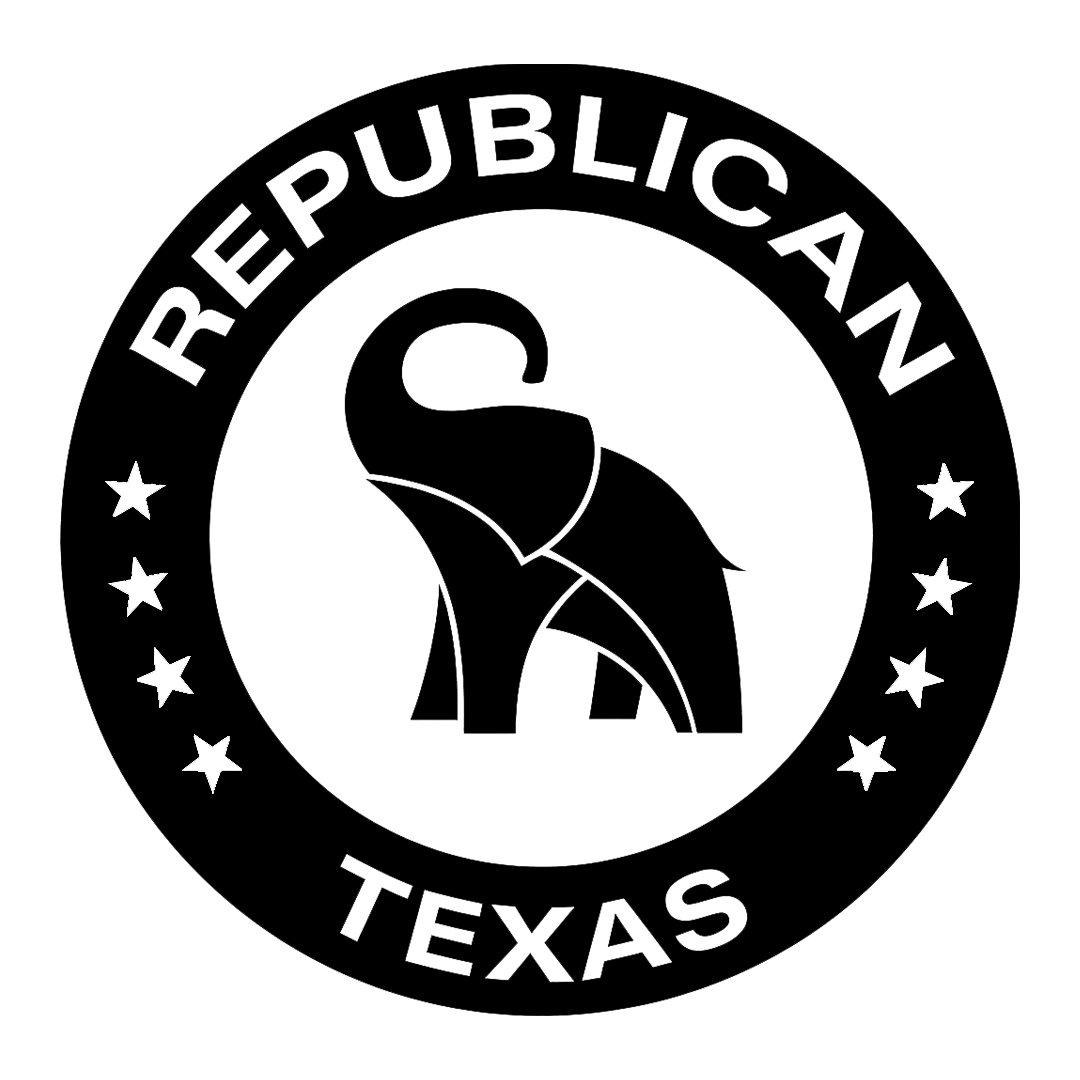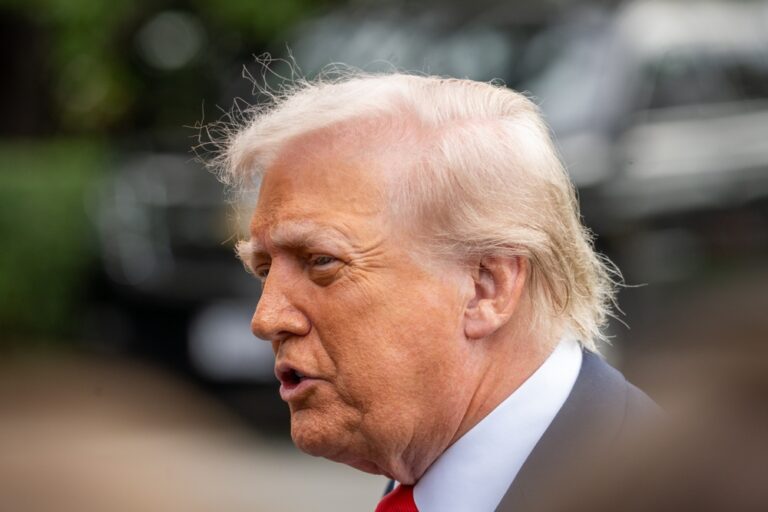President Donald Trump has signed a short-term spending bill to reopen the federal government, ending the longest shutdown in US history. He approved the measure just hours after the House of Representatives voted 222 to 209 to pass it on Wednesday night. Two days earlier, the Senate narrowly backed the same package.
In the Oval Office, Trump announced that the government would “resume normal operations” after “people were hurt so badly” during the 43-day shutdown. Since October, many government services had stopped. About 1.4 million federal employees worked without pay or were placed on unpaid leave. Food aid programs stalled, and air travel across the country suffered major disruptions.
Government services restart after weeks of paralysis
Federal services are expected to reopen within days, easing pressure ahead of the Thanksgiving holiday. Air travel is also likely to stabilize as the Federal Aviation Administration restores full operations. The agency had cut air traffic due to staff shortages caused by the shutdown.
The disruption reached even lawmakers trying to return to Washington. Wisconsin Republican Derrick Van Orden rode his motorcycle nearly 1,000 miles to cast his vote in the House before the bill went to the president’s desk.
However, the new law only keeps the government open until 30 January. Lawmakers will then have to find a longer-term solution to avoid another funding crisis.
Trump blames Democrats for the shutdown
Before signing the bill, Trump repeatedly accused Democrats of causing the government closure. “They did it purely for political reasons,” he said, warning voters not to forget “what they’ve done to our country” when the next elections come.
Democrats managed to trigger the shutdown despite being the minority in the Senate. Republicans fell seven votes short of the 60 needed to pass the initial funding bill. Democrats had refused to back it unless Republicans agreed to extend health insurance subsidies for low-income Americans, which are due to expire at the end of the year.
Republicans insisted that healthcare discussions could follow once the government reopened. On Sunday, eight Senate Democrats broke ranks and voted for the spending package in exchange for a December vote on those healthcare subsidies.
Their move angered many in the Democratic Party. Prominent figures, including House Minority Leader Hakeem Jeffries and California Governor Gavin Newsom, publicly criticized the compromise.
Divided Democrats face internal backlash
Senate Minority Leader Chuck Schumer said the deal “fails to do anything of substance to fix America’s healthcare crisis.” But Virginia Senator Tim Kaine, one of the Democrats who supported the bill, defended the decision. He said federal workers in his state were “saying thank you” for ending the shutdown and restoring their pay.
Just hours before the House vote, Democrats celebrated the swearing-in of their newest member, Adelita Grijalva. She won her seat on 23 September but could not take office earlier because the House had not been in session since 19 September. Grijalva now fills the seat once held by her late father, Raul Grijalva, who died earlier this year.
New lawmaker joins push for transparency
Democrats quickly asked Grijalva to back a petition demanding the release of files related to the late financier Jeffrey Epstein. The petition must sit for seven legislative days before it can be formally introduced. Once that happens, House leadership must schedule a vote within two legislative days.
House Speaker Mike Johnson surprised many by announcing he would set that vote for next week.
What’s inside the spending package
The agreement reached over the weekend extends federal funding until 30 January. It includes full-year funding for the Department of Agriculture, as well as financing for military construction and legislative agencies.
The bill guarantees that all federal employees will receive back pay for the shutdown period. It also secures funding for the Supplemental Nutrition Assistance Program, which provides food aid to one in eight Americans, until next September.
In addition, the package promises a December vote on extending the healthcare subsidies that had divided lawmakers and prolonged the shutdown.


